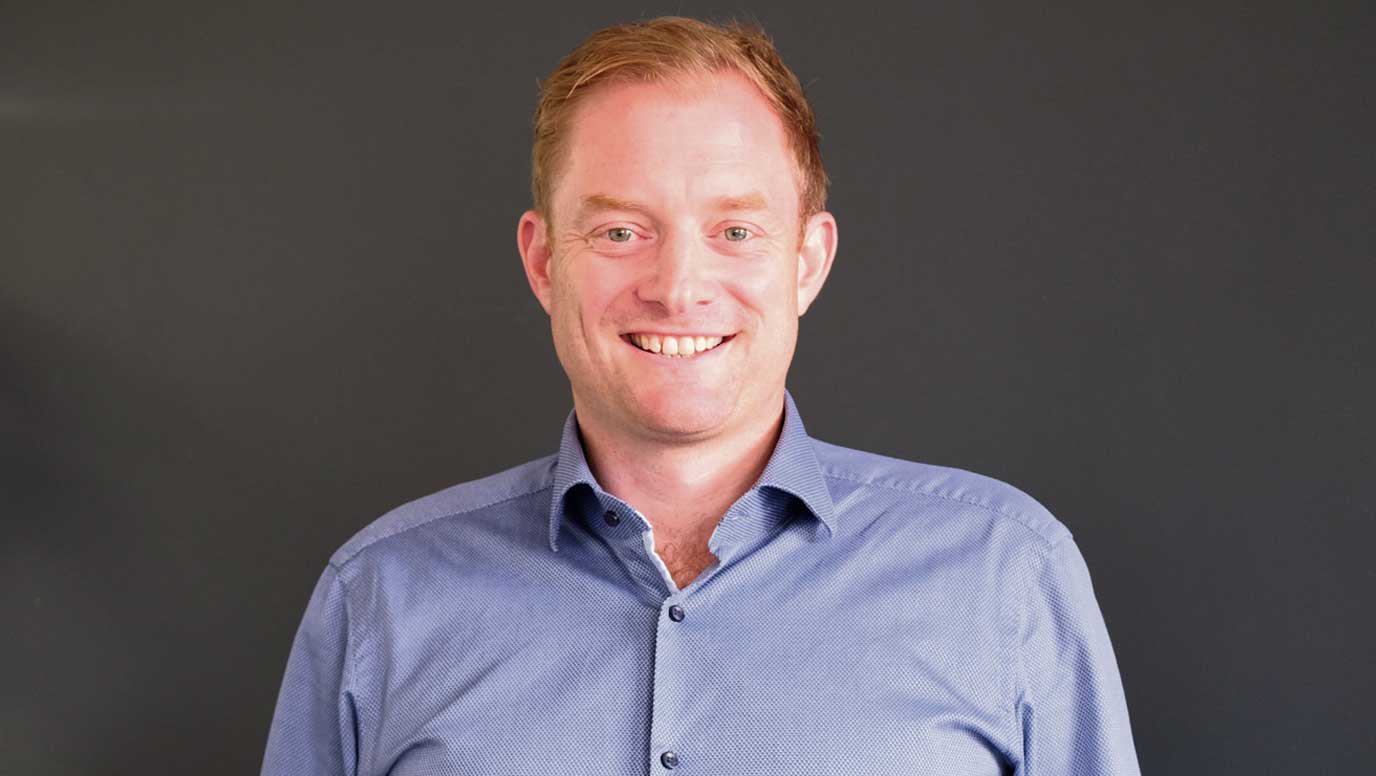SATAVIA cleans up with ESA-funded aviation climate impact trial success

The success builds on previous ESA-funded R & D activity to accelerate the company’s efforts to scale contrail management across the commercial aviation sector.
Aircraft-generated condensation trails, or contrails, cause surface warming amounting to a third or more of aviation’s climate impact globally.
Until recently, technical challenges made contrail management difficult or impossible but SATAVIA has developed the capacity to optimise flight plans for contrail management, leveraging DECISIONX atmospheric modelling to avoid regions in which persistent warming contrails are likely to form.
Working with 12 operators including Condor, SunExpress, and Icelandair, SATAVIA deployed its DECISIONX platform to optimise 65 flights for contrail management and prevent surface warming equating to over 2,200 tonnes of carbon dioxide equivalent (T/CO2e).
With an average of >40 T/CO2e per optimised flight achieved with minimal impact on flight time and fuel burn (<0.4 per cent increase for medium-haul flights), the trials showed how contrail management can generate significant climate impact mitigation via an easy-to-implement software solution.
SATAVIA CEO, Dr Adam Durant said: “This latest round of UK Space Agency/ESA funding has enabled us to engage with 12 airlines to demonstrate the art of the possible.
“With their support, we’ve shown that aircraft operators can use DECISIONX to minimise the warming caused by aircraft contrails and reduce their climate footprint with minimal impact on day-to-day operations. We also invested in extensive scientific validation to support post-flight verification of avoided climate impact.”
Dr Craig Brown, Director of Investment at the UK Space Agency, added: “We know that aviation is a key contributor to carbon emissions, so it’s vital to explore how technologies such as greener fuels can address this.
“The results from the DECISIONX trials – which used Earth observation data to power and validate atmospheric modelling – demonstrate how fundamental the use of space is to this global ambition.
“SATAVIA’s technology could make a significant impact on the voluntary carbon market, boosting opportunities for aviation sector investment in the UK, while supporting major industry initiatives against climate change.”
The trials also provided vital implementation experience, identifying operational challenges ranging from aircraft performance to air traffic control (ATC) strikes, and demonstrating the value of real-world implementation as opposed to ‘dry-run’ simulations.
Formerly Sustainability Champion in the Business Weekly Awards, SATAVIA plans to build on these learning points with further R & D activity centred on identifying and meeting the requirements of running contrail management at scale via engagement with air navigation service providers and other stakeholders.
“The trials conducted during the project were very positive,” said Arnaud Runge, Technical Officer at ESA, who himself holds an airline pilot licence.
“ESA funding made it possible for SATAVIA to engage a larger number of airlines, resulting in a wider data range and highlighting how space technologies can support the environmental efforts made in aviation at a challenging time for the sector.”
The commercial aviation sector is increasingly concerned with the contrail climate challenge, prompted in part by the European Commission’s decision to mandate monitoring, reporting, and verification (MRV) of aviation’s non-CO2 impacts under the European Union Emission Trading Scheme (EU ETS) from 2025.
In parallel, SATAVIA has developed a patented methodology to generate future voluntary carbon credits from contrail management activity. Now undergoing design certification with Gold Standard following concept approval in 2023, the methodology will provide commercial incentives for contrail management in advance of mandatory avoidance.
“This new voluntary carbon market will be worth billions of dollars globally, creating a bottom-line rationale for operators to cut their non-CO2 climate footprint,” said Dr Durant.
“As a low-cost, easy-to-implement software solution, contrail management can help move aviation towards climate-neutral operation on near-term timescales. UK Space Agency and ESA support for action on contrails is driving progress in this hard-to-abate industry.”

